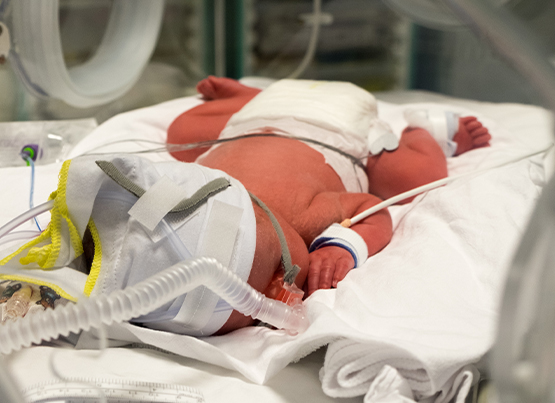
Holter and event monitors are modern medical equipment that is simply portable electrocardiogram devices. These devices record the electrical activities of a patient’s heart for extended periods while the patient will carry on with their normal activities.
These devices, especially Holter monitors, can record the heart activity of a patient for a stretch of up to 48 hours. Event monitors, on the other hand, do not monitor/record the electrical activities of the patient’s heart continuously. Instead, it starts recording data as soon as it detects abnormalities with the rhythm of the patient’s heart.
These monitors record the pace at which the heart of a patient is beating.
These two devices also come with the ability to detect the rhythm pattern of the heart of the patient under observation.
The objective of holter and event monitoring sessions is simple – to ensure that the patient under examination does not have cardiovascular disease or any other form of heart disease such as arrhythmia.
As mentioned earlier, Holter monitors keep a tab on the overall activity of the heart of an individual to which the device is hooked to. Event monitoring on the other hand starts recording heart activity as soon as it detects abnormalities with certain parameters, such as the rhythm or rate of the patient’s heart.
Now, a child might need to be subjected to holter and event monitoring by his or her pediatric cardiologist when the child had shown signs of heart conditions like –
The team at Pediatric Cardiology Specialists is here to provide you with the utmost care for your child. If you would like to schedule a consultation, please give us a call, or request an appointment online today!

